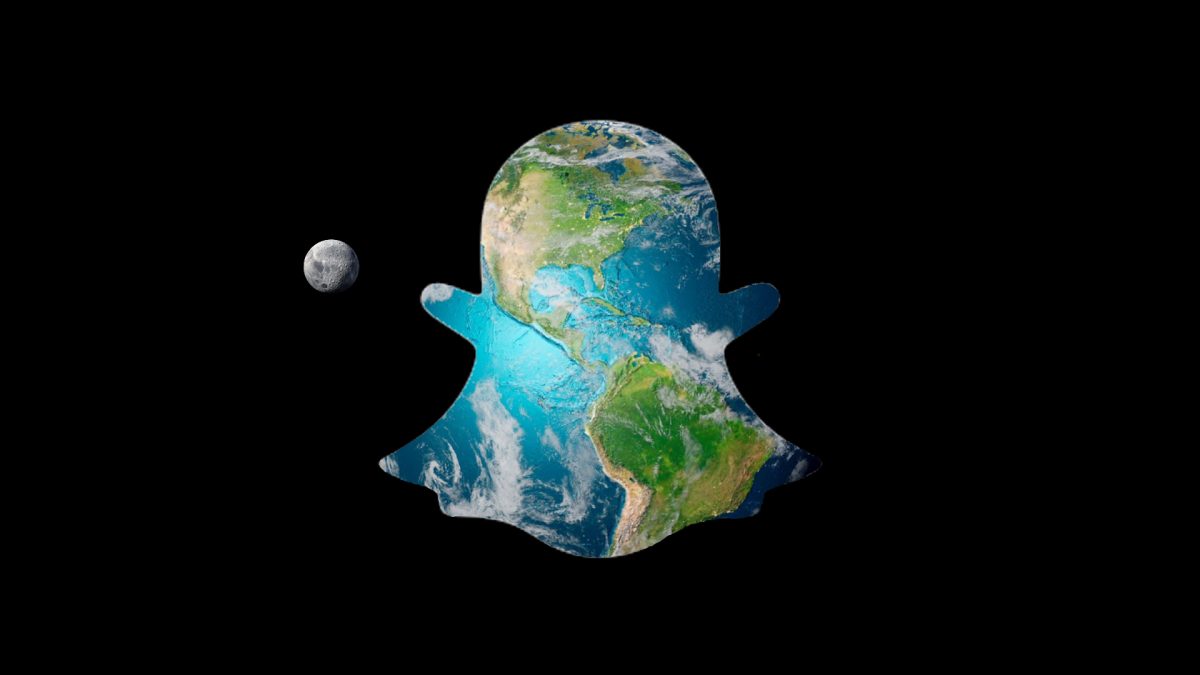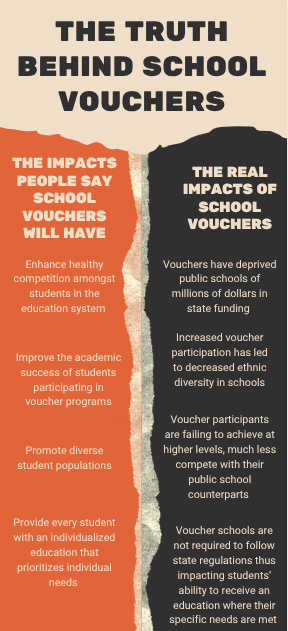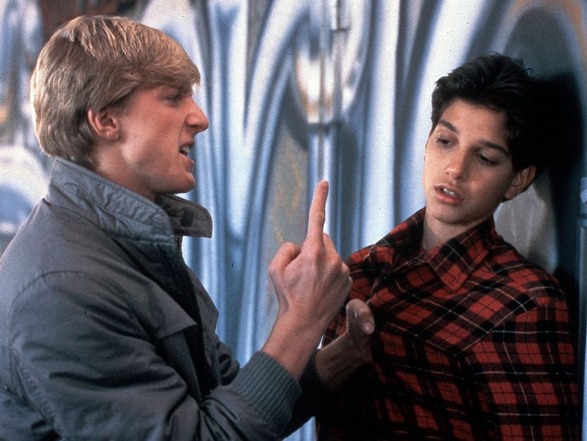It’s a phrase sweeping through classrooms, offices, and hallways alike.
It’s representative of a growing frustration with an elder generation, coupled with today’s meme culture.
An unidentified man, of an older generation, made a video on TikTok, the platform of today’s youth, mocking millennials and Gen Z, declaring that we young folk suffer from Peter Pan syndrome, that our ideals for the future are utopian and unrealistic.
The response? “OK boomer.”
While Chlöe Swarbrick, a 25-year-old Australian lawmaker spoke in Parliament, an older member interrupted her speech on carbon emissions and age differences.
Her response? “OK boomer”.
Growing up in Generation Z to parents from the Xennial microgeneration, I’ve always heard about those “gosh-darn rotten youngins” and their laziness, incompetence, and entitlement.
But now, coming to age with a laptop on my back and the Internet in my hand, that frustration applies to me.
I hate it.
My grandparents and their cohort fought for a new era of change: expanding civil rights, women’s and gay rights, anti-war movements, and racial equality.
What they seem to have forgotten is that they too were young when they fought for change.
For a better tomorrow.
Now, when young kids stand up for something they believe in, they’re ridiculed.
Greta Thunberg, a climate activist from Sweden, received insults from the climate naysayers, attacking her autism and platform.
Unfortunately, our parents learned this “kids these days” attitude from their parents, going back further generations, as far as Ancient Greece.
Ira S. Wolfe is a business consultant in Pennsylvania; He wrote a book on how to introduce millennials in the workforce after fears from his clients.
He dedicated chapter nine of Geeks, Geezers, and Googlization to “The Dumbest Generation?” and parroted what his fellow businessmen “learned.”
“What a difference a few decades can make. A young student was once embarrassed and his parents shamed by poor grades on a report card. A young worker was remorseful if he disappointed his boss.”
Later on, “This is a generation who grew up reading blogs instead of books. They read updates about friends on Facebook instead of reading current events in newspapers. They know more about World of Warcraft than they do about World War II.”
OK boomer.
They declare that we aren’t affected by poor grades, when courses are becoming more rigorous, more students are going to college, and the discussion of mental health is at an all-time high.
They declare that we’re lazy, that cellphones, computers, and the Internet has made us weak, entitled, and bratty.
Jason Feifer, editor-in-chief of Entrepreneur Magazine, suggests this cross-generational tension is caused by one primal emotion: fear.
His theory is that humans see the birth of children as a continuation of blood lines, family names and tradition, and of personal causes and convictions.
However, when these children age and become grown, independent-thinking people, the parents get lost in the past.
“They’ll know their parents’ names, of course, and probably their grandparents’ names, but perhaps not their great-grandparents’ names, and certainly not their great-great-grandparents’ names…. We will slip into nothingness, remembered by nobody, having left no recognizable impact,” Feifer writes.
And thus, humans fear the younger generations because we can’t handle the fact that life changes and continues, even after we’re gone.
This historical trend will continue. It happened to the boomers. It happened to Gen X.
The solution is twofold: Look in the mirror and work with the “enemy.”
Our boomer and Gen X counterparts aren’t incorrect in their assessment of us youngsters.
Diagnoses of narcissistic personality disorder are three times higher than in people age 65 or higher.
“In 1992, the nonprofit Families and Work Institute reported that 80% of people under 23 wanted to one day have a job with greater responsibility; 10 years later, only 60% did,” Times Magazine reported in their article “Millennials: The Me Me Me Generation”.
Obviously, we’re not perfect.
Neither are boomers.
In order to accomplish honest, good work in this world, society can’t let a difference in age and rearing separate two powerful generations.
An Indian playwright, Mehmet Murat ildan, said, “Old people have wisdom but not energy; young people have energy but not wisdom; energy and wisdom must be in the same body to create a much better civilisation! To do this, we will either give energy to the old or we will give wisdom to the young and for now the latter seems a more plausible action!”
Millenials have the power of future; Boomers have the knowledge of the past.
Let’s change the world.






